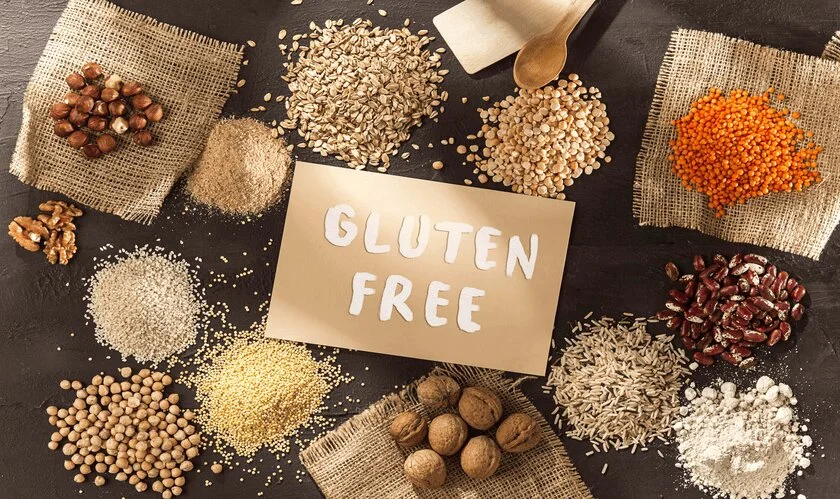Pseudocereals, pulses and bakery seeds are ingredients of growing importance in the food industry. There is great interest in them both among people suffering from various types of allergies and intolerance to traditional cereals, but also among people who care about healthy meals in their diet. Organic food ingredients supplier is an important partner for every company wishing to supply this type of food on a large scale. What should you pay attention to when entering into long-term cooperation?
Searching for a supplier best suited to your business model requires a broad look at several aspects. Without synergy in many fields, it is difficult to ensure optimal results. Below you will find some key issues that should be raised during a conversation with a potential partner:
- Certification - organic food ingredients supplier should have the necessary documents confirming that its ingredients are free from pesticides and genetically modified organisms. The rules for recognizing a given product as organic may be slightly different in each country, so ensuring proper certification is particularly important when cooperating with foreign entities. If possible, it is worth choosing a supplier from the same economic area, where the requirements and regulations are unified.
- Quality control - certification will allow you to initially qualify the business partner, but the authenticity of the documents still needs to be verified by actual research. Organic food ingredients supplier should offer separate testing for each batch delivered to continuously monitor the quality of the ingredients sold. Multi-stage verification is a guarantee of a safe production process, which is especially important in the case of gluten-free or other allergen-free food.
- Sourcing - a reliable supplier should visit their producers directly on their production sites to accurately assess the quality of their ingredients. If a potential contractor is unable to indicate where his products come from, it is worth looking for another partner.
- Delivery - the key factor is meeting the requirements in terms of logistics. As an industrial food producer, you certainly try to limit the storage of ingredients in large quantities so that they do not lose their nutritional value. Many factories are focused on just-in-time operation, so flexibility of deliveries both in terms of deadlines and volumes is extremely important.
- Cost-effectiveness - even the highest quality service will not work if it exceeds the assumed budget. An organic food ingredients supplier must provide goods within acceptable price ranges to maintain the highest possible margins. At the stage of agreeing the terms of the contract, it is also worth asking about any additional customs fees and possible delivery fees, as well as specifying the level of their variability. Price ranges should be maintained at predictable levels throughout the duration of the contract to avoid unnecessary risk.








